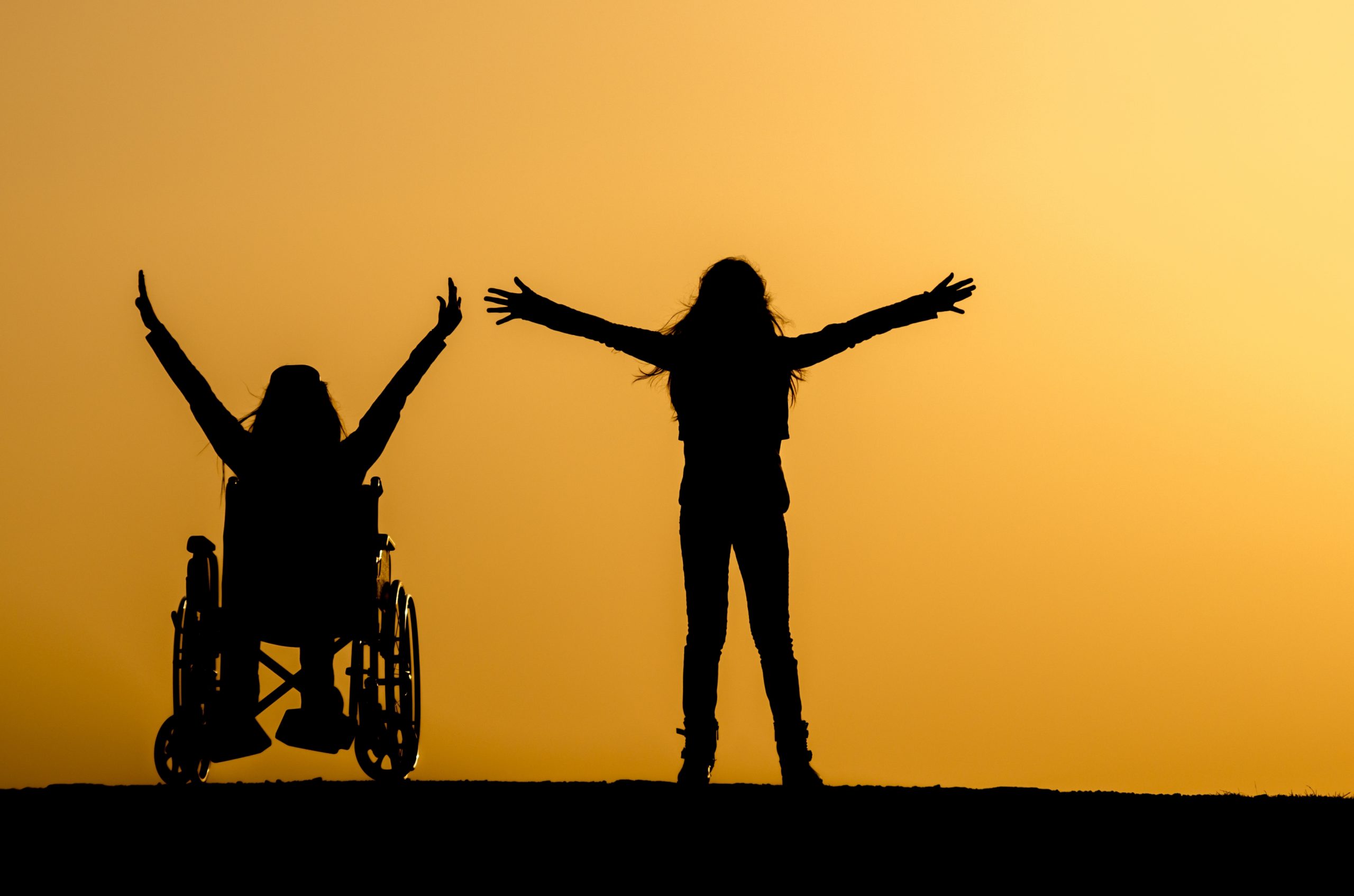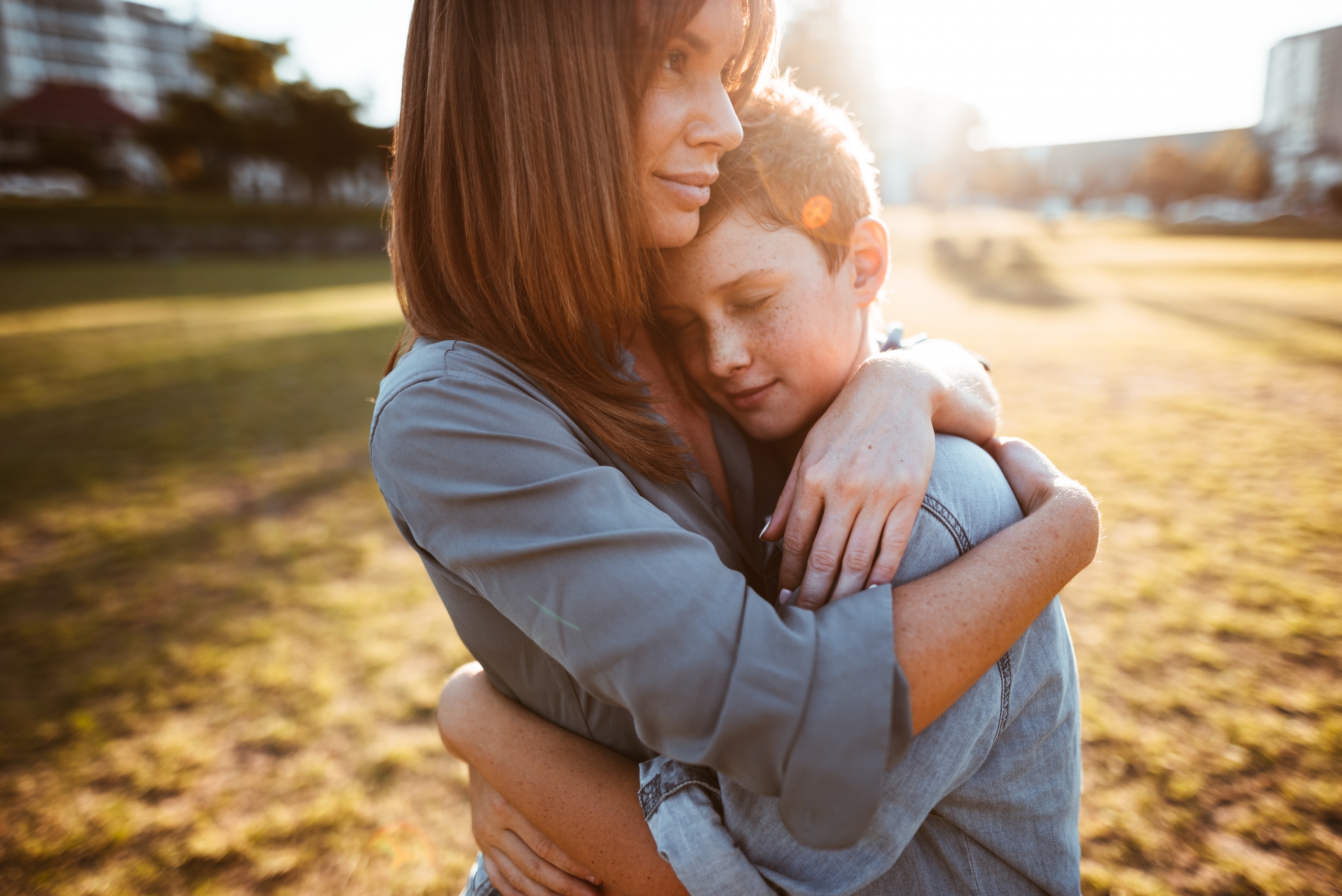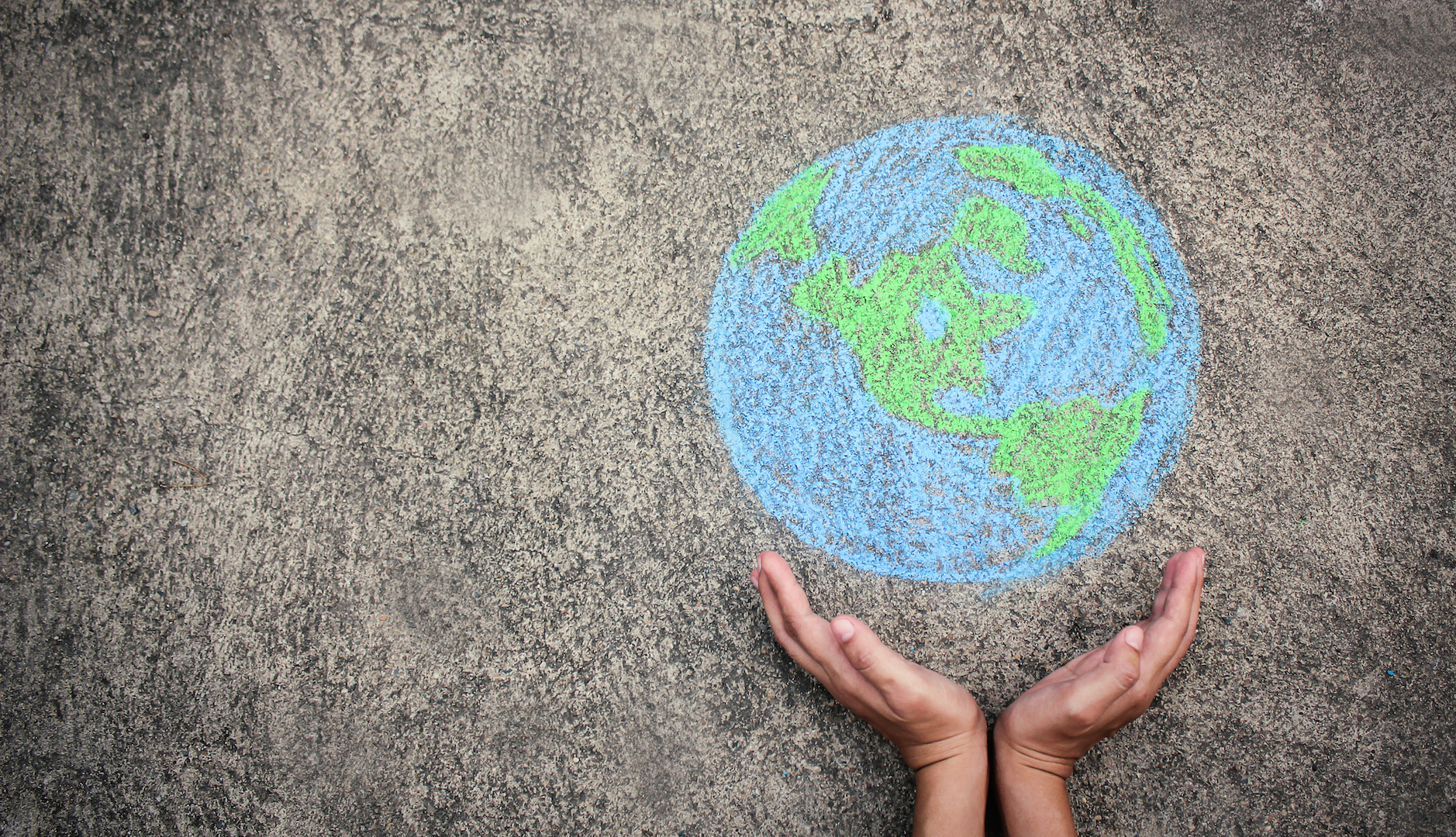
International Day of People with Disabilities
Everyone has the ability to be active, no matter what health impairments they may face. Yet we know that many children and adults with disabilities do not participate in physical activity and face further mental and physical health consequences and social isolation because of this barrier.
December 3rd, 2019 is the International Day of People with Disabilities. It’s a day to reflect on how we can help break down barriers and see the ability of all people to thrive in our society and prioritize physical activity for optimal wellbeing and inclusion.
Parents and caregivers of children with health impairments can help develop physical literacy or the motivation, competence and confidence to move for a lifetime. And it starts with role modeling and active participation together. If children do not develop physical literacy, it is much harder for them to develop it later in life.
One of the fundamental movement skills is balancing. This may look different for someone with a health impairment. Perhaps balancing is lifting one’s back or head off the back of a wheelchair or balancing an object on a body part rather than balancing on one foot for example.
Another fundamental movement skill is coordination. Adjust the target or the size of a ball or striking implement to achieve success for all; for example hitting a beach ball with a tennis racket is more achievable than hitting a baseball with a bat. Developing coordination is not only important for physical activities but also daily living, like reaching for an object, cooking, self-care and so much more.
For those with mental, visual or hearing impairments, be mindful of how instructions for an activity are conveyed and try to make them very clear. Using photo cards for those with hearing impairments may help them better understand how to achieve success in the activity.
The Appetite to Play website has many activity ideas that provide suggestions for how to accommodate children with different abilities. Although they are geared for children 0-5, many of the adaptations would be applicable to children of all ages.
For more information on how to celebrate and appreciate this important day, visit https://idpwd.org/.
https://activeforlife.com/kids-with-disabilities-active-for-life/



